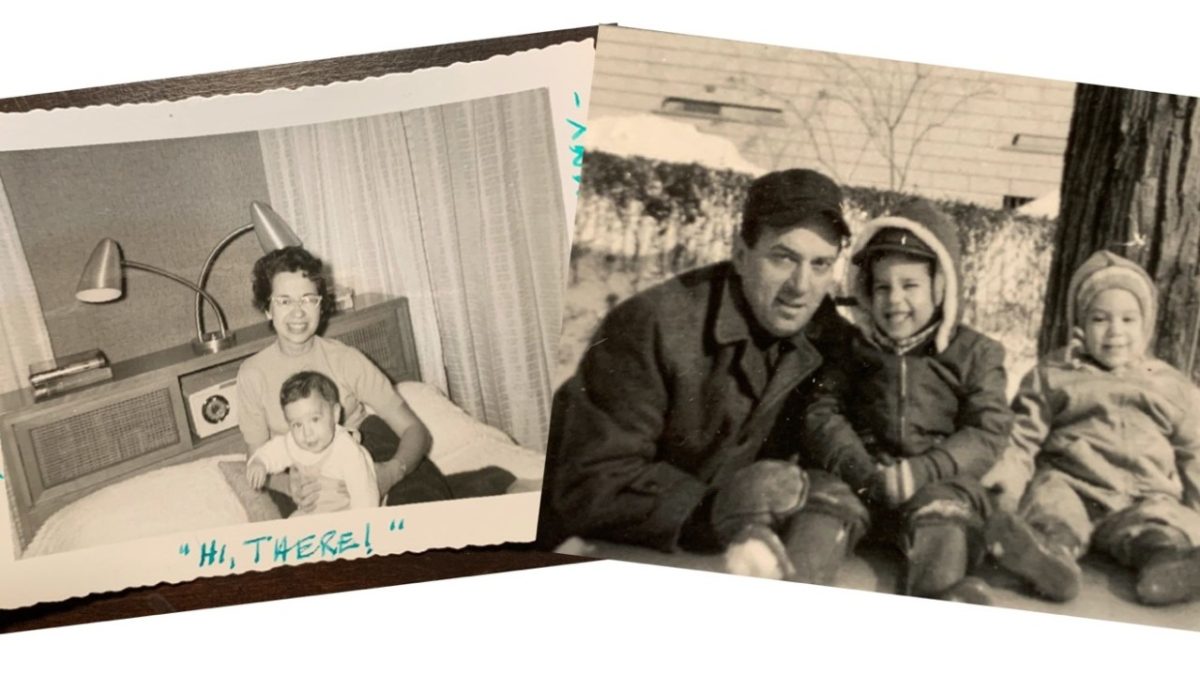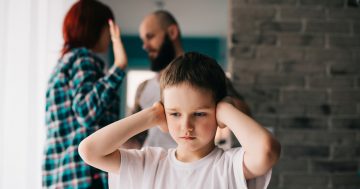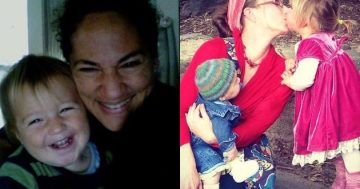
We are not born to have perfect, painless lives. On the contrary, we are here to dive deep into the human condition, in all its complexity. Photo: Kasanoff.com.
Bruce Kasanoff recalls the loss of his parents more than three decades ago, and how he was wrong to bury that pain in the mistaken belief it was better to forget and move on with his life.
Emotions have a way of tricking us into acting – and even feeling – differently from what is our true nature.
My mother, Pearl, died in November 1988. Three-and-a-half years earlier, my dad, Richard, had died.
For an entire decade, one or both of them was fighting cancer.
So when they both were gone, free of the pain and suffering at last, I did my best to move on. I got married, had three kids, and tried to give them unconditional love the way my parents did with us.
Then, sometime later, to my distress I realised I could not remember the date my mother died. I had to look it up. I can’t remember her birthday, either.
This is not a sign that I didn’t love her and my dad. It’s a sign of how much I loved them, and how much it hurt to lose them so early. It was too painful to mark their births and/or deaths each year. It was too sad at a time when I was supposed to be building a family and a life.
However, you can’t bury emotions. They will kick you again and again until you give them the space they demand.
I’ve tried to use my head to overpower my heart. It turns out my heart is quieter, but stronger.
That’s why I’m writing this – to allow, no invite, my emotions to surface at last, and also to share this lesson I have learned over far too much time, so that perhaps you can learn it faster and better than I did.
Strong emotions demand to be felt, experienced and acknowledged. Love, loss, longing, terror, profound sadness, anger – bury them if you dare, but know that they will burn a hole in your gut or anywhere else they can get your attention.
In my late teens and early 20s, our friends would sometimes come over to our house even when they knew we weren’t home. They’d chat with our parents, especially my mother, because our parents were always interested in what was important to you.
They listened, really listened. They weren’t in a rush. Your joy was their joy. That’s what I lost.
Once you are seen and loved like that, it is a devastating loss when it disappears, one that has taken me 36 years to heal.
In retrospect, I should have written about it; talked about it more; felt it more, but there was a misguided, self-protective program running in me: Avoid the pain, stop reliving 10 years of watching my parents suffer and die.
It’s only natural to turn away from pain. It’s only natural to turn away from whatever has caused you to hurt, feel vulnerable, scared or alone. However, that strategy does not work. It simply prolongs the pain until you are willing and able to at last accept it, deal with it, and fully process the emotions your soul needs to experience.
We are not born to have perfect, painless lives. On the contrary, we are here to dive deep into the human condition, in all its complexity. We can’t edit what happens or how it makes us feel.
The only sane path is to open our arms and welcome everything that happens, even the stuff that hurts like hell.
Once we start the ride that takes us through this lifetime, there is no turning back or turning away.
Bruce Kasanoff is the founder of The Journey, a newsletter for positive, uplifting and accomplished professionals. He is also an executive coach and social media ghostwriter for entrepreneurs. He can be contacted at kasanoff.com. This article first appeared at kasanoff.com.






